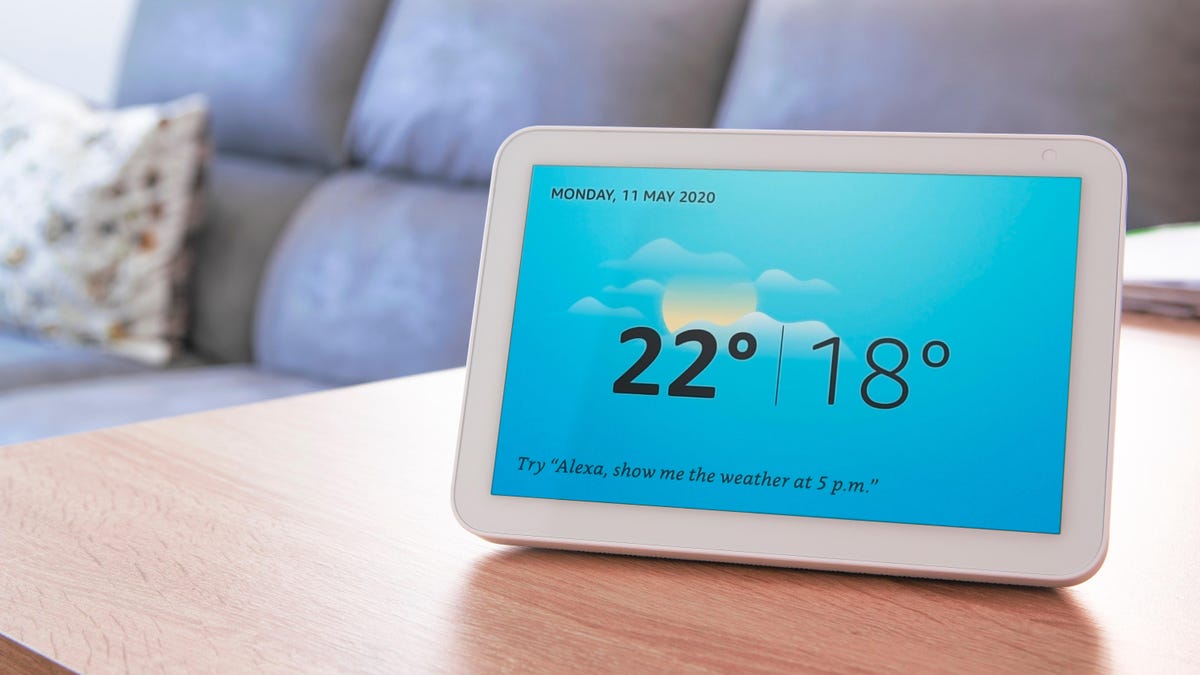Do heat pumps work in cold climates?
Heat pumps in cold climates
Heat pumps are one of the most efficient ways to heat and cool a home. But can a heat pump system work in winter when the temperature drops below 20 degrees?
Contrary to popular belief, modern cold climate heat pumps can efficiently heat a home even when the temperature drops below -10 degrees. At this temperature, the best cold climate heat pumps are even more energy efficient than heaters and boilers.
Just ask the millions of owners in Scandinavia. In Norway, Finland and Sweden, people are installing heat pumps at a faster rate than anywhere else in Europe.
You might be thinking, "The Scandinavians do everything better than the rest of the world." But some US states are actually adopting heat pumps at an even faster rate than the countries listed in the table above, even some of those with the coldest climates.
Last year in Maine, 50 units were sold per 1,000 homes, slightly more than Europe's number one country, Norway. By comparison, 23 units were sold per 1,000 households in the rest of the United States.
There is compelling evidence that heat pumps can also save most homeowners a lot of money. I recently used data from NREL's ResStock model to see how much money the average homeowner can save by switching to a heat pump in different states. I found that the average homeowner in Maine - to use my favorite cold climate example - could save $718 a year.
In New York, a much more populous cold-climate state, the average homeowner can save $637 a year. The millions of homeowners using oil in the state could save $976 per year.
I could go on and on. Pennsylvania: $935. Massachusetts: $838. Ohio: $676. You get the point. There are plenty of cold places in this country where heat pumps are simply the best way to heat a home and save money.
But why are there still so many contractors and homeowners who think heat pumps don't work in cold climates? My theory is that three myths are to blame:
The capacity myth that heat pumps cannot produce enough heat to keep your home comfortable in cold weather. The efficiency myth, that heat pumps lose their efficiency advantage when the temperature drops. The money myth, which claims that due to their lower efficiency in cold weather, heat pumps cost too much.To be clear, these are just myths. But like many lies, their origins come from seeds of truth. Sometimes the capacity of a heat pump does not match the load of a house. In some climates and homes, it is not as cost effective to use a heat pump.
In the rest of this article, I want to debunk each of these myths. But I also want to go beyond the black and white answer and explore why some heat pumps work in cold climates and others don't.
How do heat pumps work in winter?Before we begin our journey to bust the myths, it helps to understand the basics of how heat pumps work in cold weather.
Unlike traditional heating technologies like furnaces or electric baseboards, a heat pump does not burn or use fuel to generate heat directly. Instead, it uses some energy to run a compressor that efficiently moves heat from one place to another.
Although it might not seem like it at first glance, in cold weather there is actually quite a bit of heat in the outside air. A heat pump takes some of that heat and transports it into your home.
This basic principle allows a heat pump to take in one unit of energy (in the form of one watt of electricity) and pump three or four units of heat (usually measured in British thermal units or BTUs). In more technical terms, by using a little energy to run a compressor, a heat pump can achieve a coefficient of performance (COP) greater than one.
If you're curious about the physics of this I recommend watching this 8 minute video and if you're really curious watch this video of 35 minutes.
For now, the key things to understand are:

Heat pumps are one of the most efficient ways to heat and cool a home. But can a heat pump system work in winter when the temperature drops below 20 degrees?
Contrary to popular belief, modern cold climate heat pumps can efficiently heat a home even when the temperature drops below -10 degrees. At this temperature, the best cold climate heat pumps are even more energy efficient than heaters and boilers.
Just ask the millions of owners in Scandinavia. In Norway, Finland and Sweden, people are installing heat pumps at a faster rate than anywhere else in Europe.
You might be thinking, "The Scandinavians do everything better than the rest of the world." But some US states are actually adopting heat pumps at an even faster rate than the countries listed in the table above, even some of those with the coldest climates.
Last year in Maine, 50 units were sold per 1,000 homes, slightly more than Europe's number one country, Norway. By comparison, 23 units were sold per 1,000 households in the rest of the United States.
There is compelling evidence that heat pumps can also save most homeowners a lot of money. I recently used data from NREL's ResStock model to see how much money the average homeowner can save by switching to a heat pump in different states. I found that the average homeowner in Maine - to use my favorite cold climate example - could save $718 a year.
In New York, a much more populous cold-climate state, the average homeowner can save $637 a year. The millions of homeowners using oil in the state could save $976 per year.
I could go on and on. Pennsylvania: $935. Massachusetts: $838. Ohio: $676. You get the point. There are plenty of cold places in this country where heat pumps are simply the best way to heat a home and save money.
But why are there still so many contractors and homeowners who think heat pumps don't work in cold climates? My theory is that three myths are to blame:
The capacity myth that heat pumps cannot produce enough heat to keep your home comfortable in cold weather. The efficiency myth, that heat pumps lose their efficiency advantage when the temperature drops. The money myth, which claims that due to their lower efficiency in cold weather, heat pumps cost too much.To be clear, these are just myths. But like many lies, their origins come from seeds of truth. Sometimes the capacity of a heat pump does not match the load of a house. In some climates and homes, it is not as cost effective to use a heat pump.
In the rest of this article, I want to debunk each of these myths. But I also want to go beyond the black and white answer and explore why some heat pumps work in cold climates and others don't.
How do heat pumps work in winter?Before we begin our journey to bust the myths, it helps to understand the basics of how heat pumps work in cold weather.
Unlike traditional heating technologies like furnaces or electric baseboards, a heat pump does not burn or use fuel to generate heat directly. Instead, it uses some energy to run a compressor that efficiently moves heat from one place to another.
Although it might not seem like it at first glance, in cold weather there is actually quite a bit of heat in the outside air. A heat pump takes some of that heat and transports it into your home.
This basic principle allows a heat pump to take in one unit of energy (in the form of one watt of electricity) and pump three or four units of heat (usually measured in British thermal units or BTUs). In more technical terms, by using a little energy to run a compressor, a heat pump can achieve a coefficient of performance (COP) greater than one.
If you're curious about the physics of this I recommend watching this 8 minute video and if you're really curious watch this video of 35 minutes.
For now, the key things to understand are:
What's Your Reaction?















![Three of ID's top PR executives quit ad firm Powerhouse [EXCLUSIVE]](https://variety.com/wp-content/uploads/2023/02/ID-PR-Logo.jpg?#)







